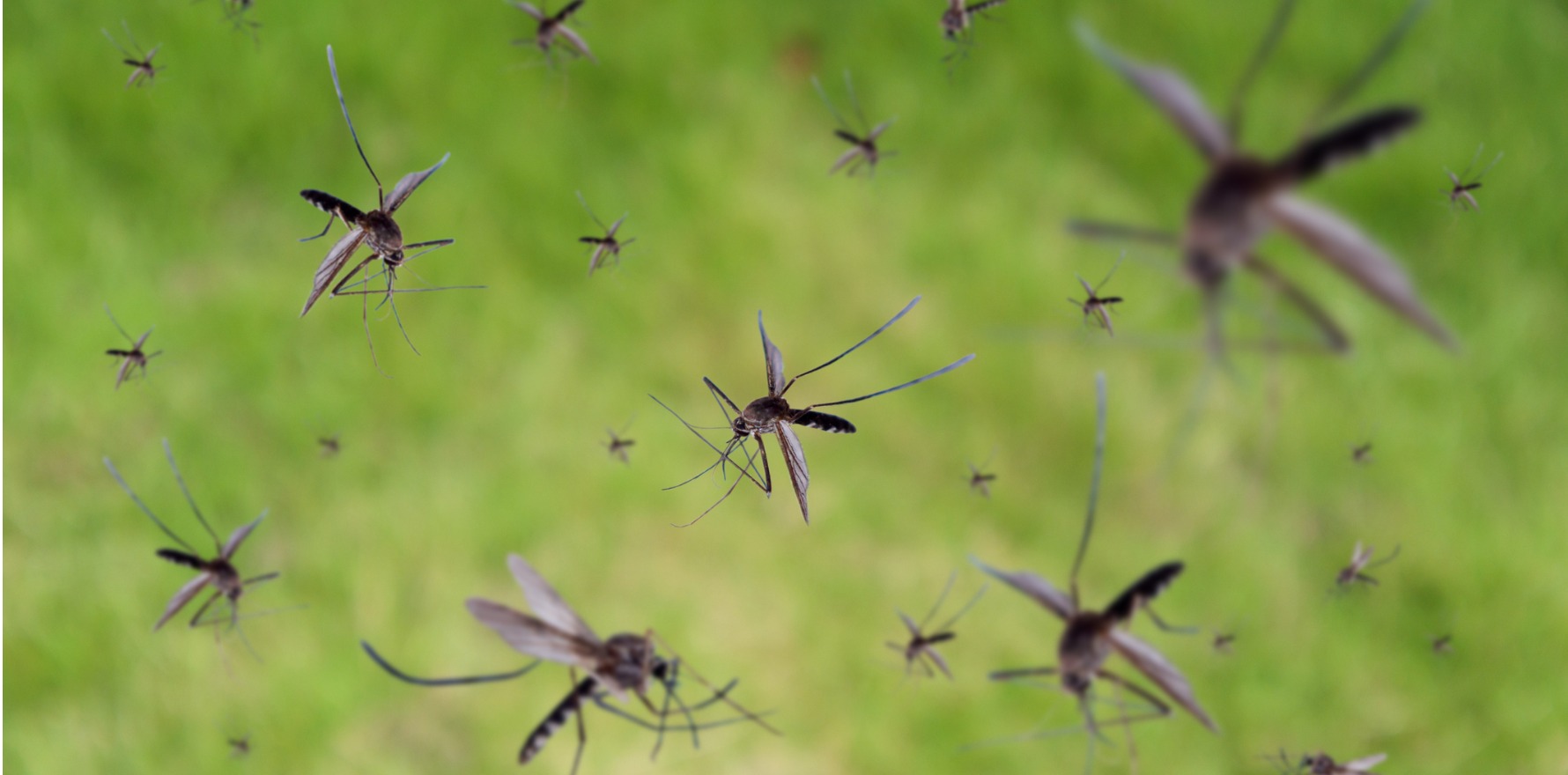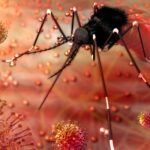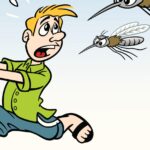With three confirmed cases of the rare mosquito-borne virus in two states, a vaccine rollout has started to protect at-risk Aussies.
Three confirmed human cases of Japanese encephalitis virus (JEV) in Queensland and NSW and livestock cases across four states have prompted the federal government to declare it a “communicable disease incident of national significance”.
While other human cases are also under investigation for the rare mosquite-borne virus, the government is rolling out vaccines for people most at risk. It has stopped short of suggesting the general population should seek vaccine at this stage.
The declaration from Australia’s Acting Chief Medical Officer, Dr Sonya Bennett, followed a briefing to the National Security Committee of Cabinet on the unfolding JEV situation.
“I have declared the JEV situation a communicable disease incident of national significance after determining a national approach is required in relation to coordination of health policy, interventions and public messaging,” Dr Bennett said.
“A national working group of communicable disease, vaccine and arbovirus experts has been established to support the response, including mosquito surveillance and control measures and identification of those at direct risk, and for the rollout of vaccines. Public health communications regarding mosquito protection will target affected communities.”
Queensland officials last week confirmed the state’s first human case of JEV in some 20 years.
The federal Department of Health is aware of other cases, in multiple states, of encephalitis of unknown origin that are being investigated for arboviral diseases, including JEV. It is understood the government is working closely with states and territories to educate the public about the virus, what precautions to take and symptoms to be aware of.
The virus has been detected in 14 piggeries in NSW, Queensland, South Australia, and Victoria.
The department told The Medical Republic that the current vaccine supply was thought to be sufficient to vaccinate priority groups, but that the government was “assisting states and territories in the procurement of additional vaccines should priority groups expand”.
Because the route of acquisition was through mosquito bites, those priority groups were “individuals in affected regions with direct exposure or close proximity to pigs and mosquitoes; and high-level occupational exposures”.
There was no need for the general population to seek advice on vaccination at this stage.
“As surveillance progresses and geographic area of risk become clearer, a vaccination strategy will be developed through ATAGI and the Communicable Diseases Network Australia, a sub-group of Australian Health Protection Principal committee,” the spokesman said.
The department has set up a web page that will provide updates on case numbers and latest medical advice.
JEV mostly occurs in pigs and horses but can cause disease in people and rarely other animals. Pigs are the focus from a human health perspective as they can infect mosquitoes that can then infect humans. This is not the case with horses.
The virus cannot be transmitted between humans, and it cannot be caught through eating pork or pig products.
Dr Ali Zaid, a viral immunologist at Griffith University’s Menzies Health Institute Queensland, told the Australian Science Media Centre that JEV belonged to the same family of viruses (called flaviviruses) as dengue virus, yellow fever virus and Murray Valley encephalitis virus.
“JEV is not a new virus in Australia, the last outbreak was in 1995 in the Top End,” he said. “JEV has – until now – been confined to the tropical north (Torres Strait/Cape York Peninsula). A more recent appearance in 2005 suggests that birds (especially migratory birds) might be carrying the virus around, and that pigs are good amplifying hosts.”
Dr Zaid said in most cases, human infection with JEV was asymptomatic, but in about 1% of people it could progress to disease that includes encephalitis.
“In approximately 20% of people who do become ill, JEV can be lethal,” Dr Zaid said.
He said the extent of JEV distribution needed to be assessed and confirmed through mosquito surveillance and mapping studies. Current reports indicate that rural areas where commercial piggeries are located are most at risk, but these mosquitoes can be found in peri-urban areas.
“JEV is one of the few mosquito-borne viruses for which there is an approved vaccine,” he said. “It is normally recommended for people who travel to places where JEV is more present (Indonesia, PNG, and Torres Strait Islands) and for people who work/live around livestock in areas where mosquitoes are prevalent.”
There are two effective JEV vaccines available in Australia, one of which requires two doses seven-28 days apart, and the other requiring a single dose. While the single dose approach may seem preferable, there are some people – such as those with compromised immune systems and pregnant or breastfeeding women – for whom this is not recommended.
Dr Xiang Liu, also from Griffith University, said the largest outbreak of JEV was the pandemic in 1924 in Japan, involving more than 6000 clinical cases with up to 60% fatality.
“According to the World Health Organization, JEV outbreaks occur every two-15 years, and could be intensified during the rainy season,” he said.
“A few cases of JEV were reported in the Torres Strait Islands and northern Australia in 1998. However, due to the increased spreading of Culex species mosquitoes in Australia and the recent rain bomb along the east coast, the current spread of JEV is a serious concern.”




